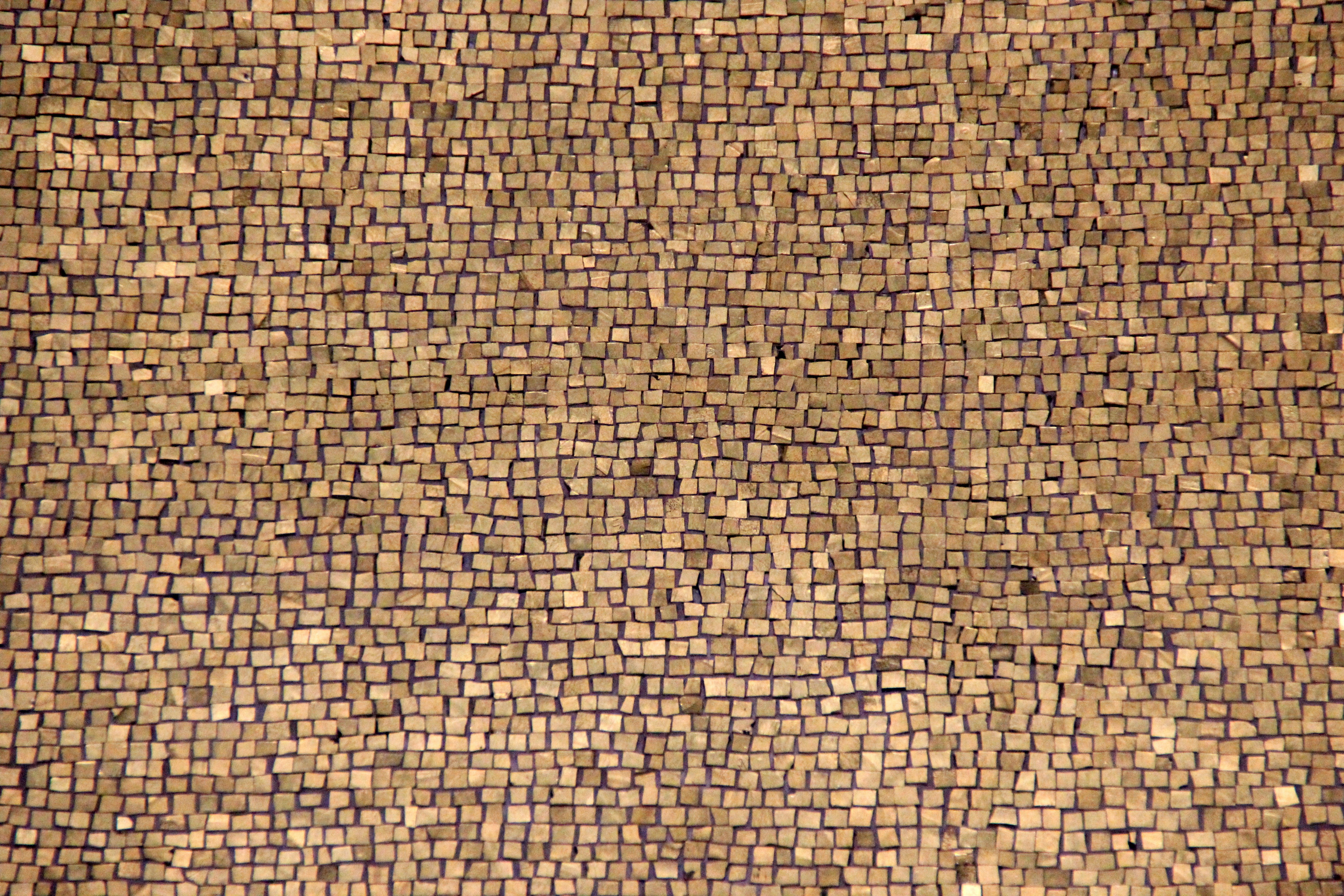Is Gold Really Rust-Proof?
Gold is often perceived as an incorruptible metal that doesn’t tarnish or rust like other metals. But is this perception entirely accurate? In this comprehensive guide, we will delve into the surprising truth about whether gold can rust and uncover the science behind its resistance to corrosion.
Understanding Gold’s Chemical Properties
Gold is a chemical element with the symbol Au and atomic number 79. It holds the distinction of being one of the least reactive metals, present in the Earth’s crust in its pure form. This inherent stability comes from gold’s atomic structure, which features a full outer electron shell that makes it less likely to undergo chemical reactions with other elements.
Exploring the Concept of Rust
When we think of rust, we typically associate it with iron and steel, where iron oxides form due to exposure to oxygen and moisture. Rust is a type of corrosion reaction that weakens the metal’s structure and gives it a characteristic reddish-brown appearance. However, not all metals rust in the same way, as some are more resistant to corrosion than others.
Gold’s Resistance to Corrosion
Gold’s resistance to corrosion stems from its stable atomic structure and unique chemical properties. Unlike iron, which readily reacts with oxygen to form iron oxide (rust), gold remains unreactive even in the presence of moisture and air. This exceptional stability allows gold to maintain its lustrous appearance over time and makes it a preferred choice for jewelry, coins, and other valuable items.
The Historical Significance of Gold as a Stable Asset
Gold has held a special place in human history as a symbol of wealth, power, and stability. From ancient civilizations to modern economies, gold has been revered for its scarcity, durability, and intrinsic value. Let’s delve into the historical significance of gold as a stable asset and its enduring appeal to investors worldwide.
Gold as a Currency and Store of Value
Throughout history, gold has served as a form of currency and store of value in various civilizations. Its scarcity and unique properties made it an ideal medium of exchange, facilitating trade and commerce across cultures. Gold coins and bullion were used as a trusted means of preserving wealth and safeguarding assets during times of economic uncertainty.
Gold’s Role in Wealth Preservation
Gold’s ability to retain its value over time has made it a popular choice for investors seeking wealth preservation and asset protection. Unlike paper currency or digital assets, which are subject to inflation and devaluation, gold offers a stable store of wealth that can withstand economic fluctuations and geopolitical uncertainties. Investors often turn to gold as a safe haven asset during times of crisis or market volatility.
This image is property of images.unsplash.com.
Why Investing in Gold Makes Financial Sense
As an investor, you may be wondering why gold is considered a valuable addition to your portfolio. In this section, we will explore the key benefits of investing in gold and how it can enhance your financial security, diversification, and long-term growth potential.
Liquidity and Marketability
Gold is a highly liquid asset that can be easily bought, sold, or traded in global markets. Its universal appeal and recognition make it a preferred investment choice for individuals, institutions, and central banks worldwide. Whether you’re looking to cash out your gold holdings quickly or acquire more gold assets, the market for gold offers ample liquidity and marketability.
Diversification and Portfolio Protection
Including gold in your investment portfolio can help diversify risk and protect against market downturns. Gold’s low correlation with traditional financial assets like stocks and bonds makes it an effective hedge against volatility and inflation. By diversifying your portfolio with gold, you can reduce overall risk and increase the resilience of your investments in the face of economic uncertainties.
If you have any questions, please don’t hesitate to contact us at info@fastcashdc.com




